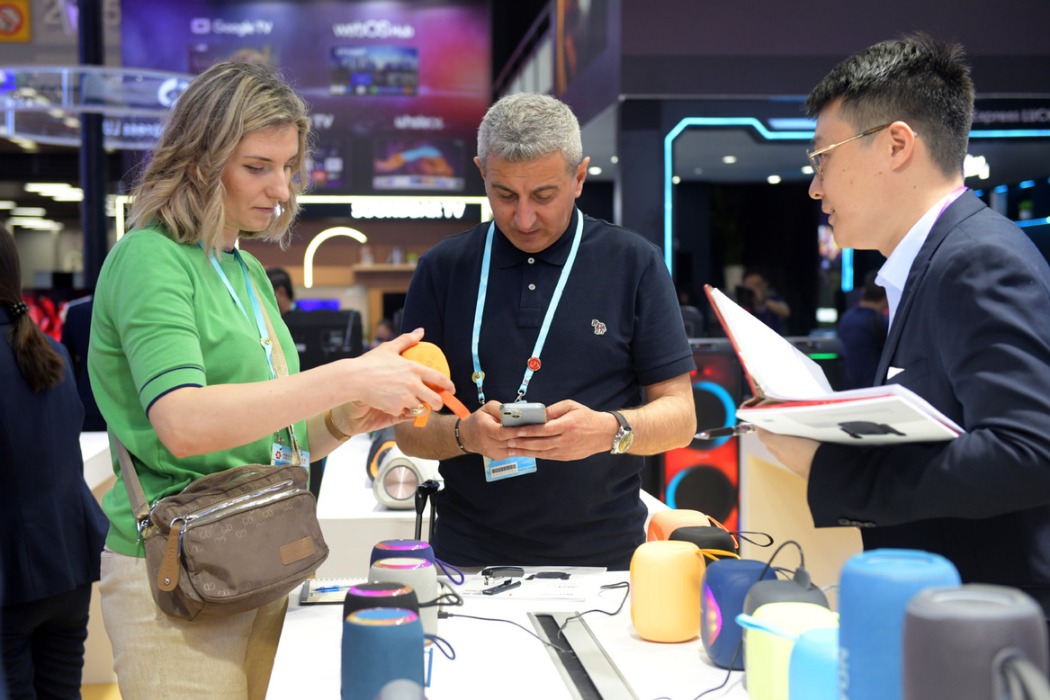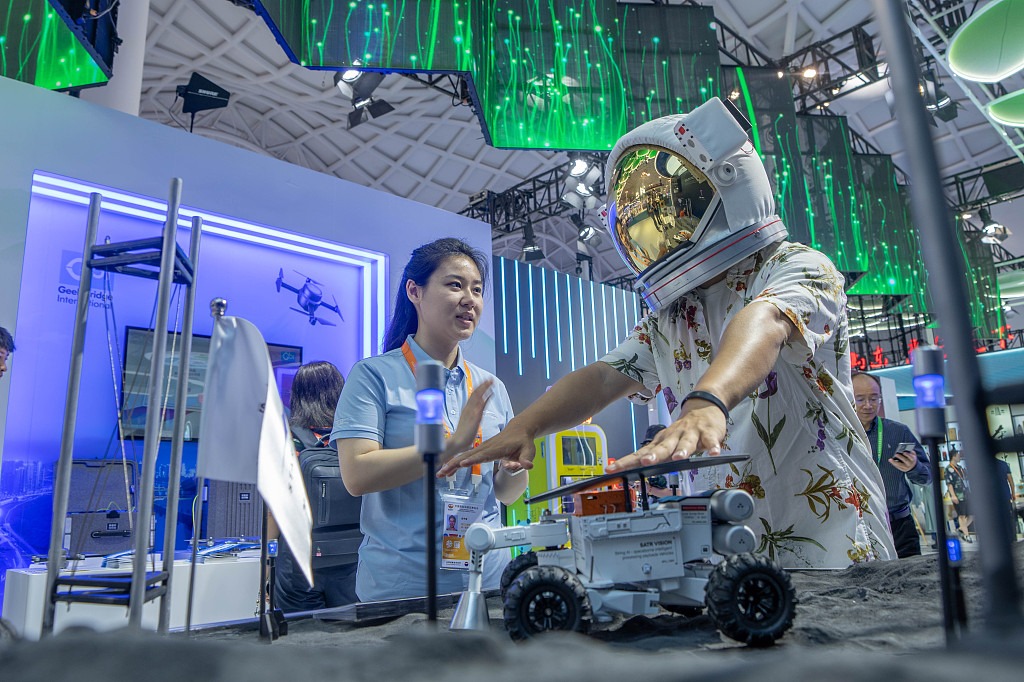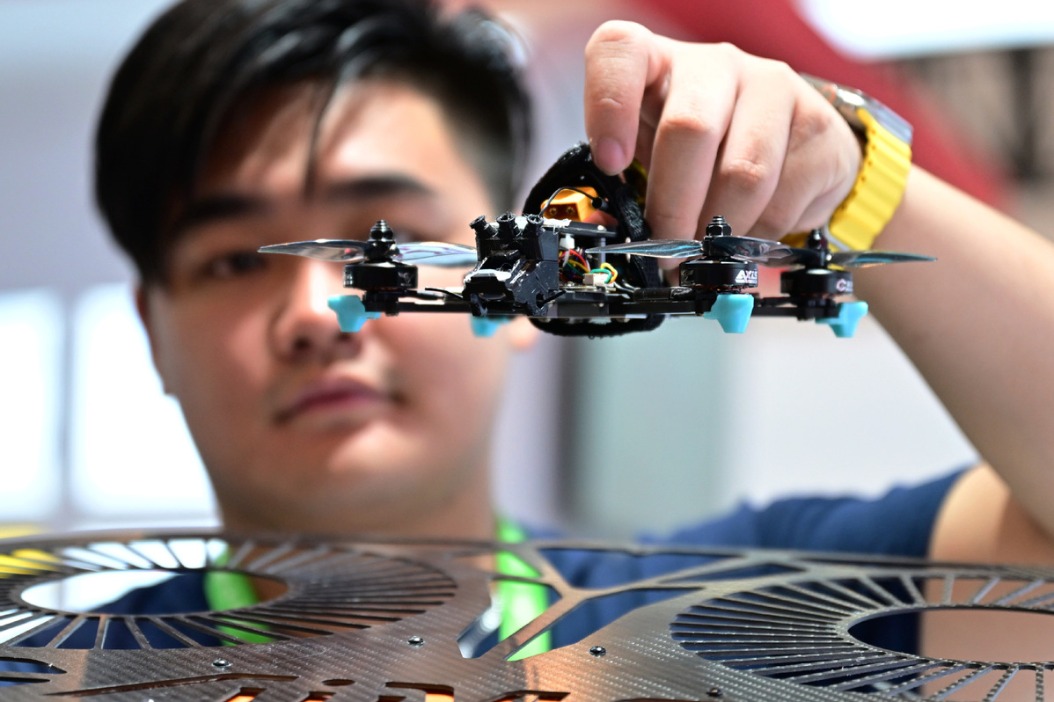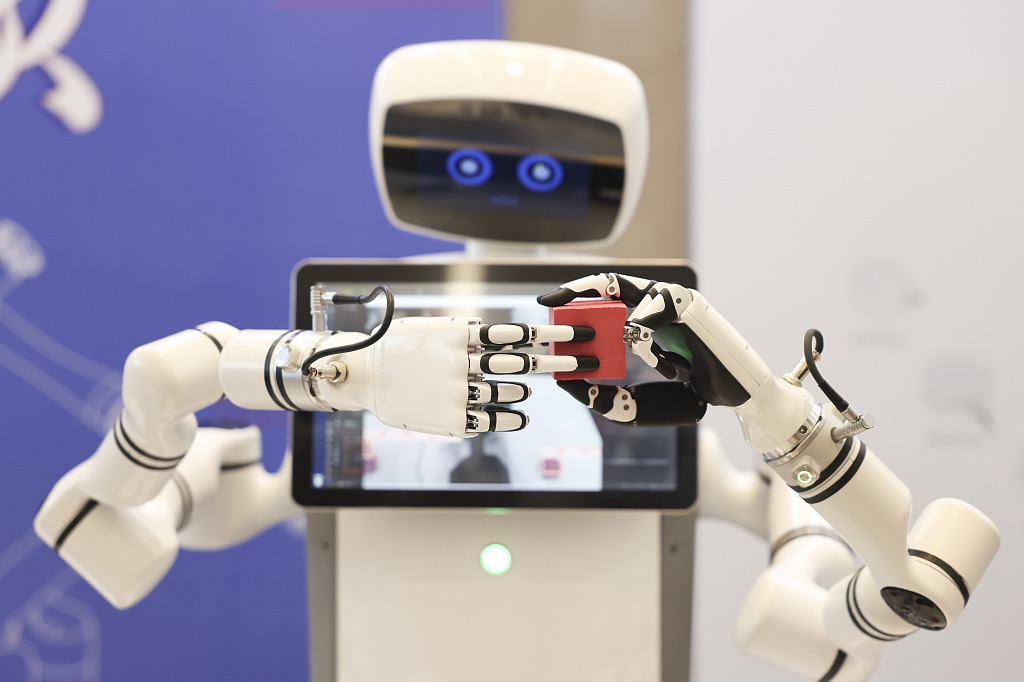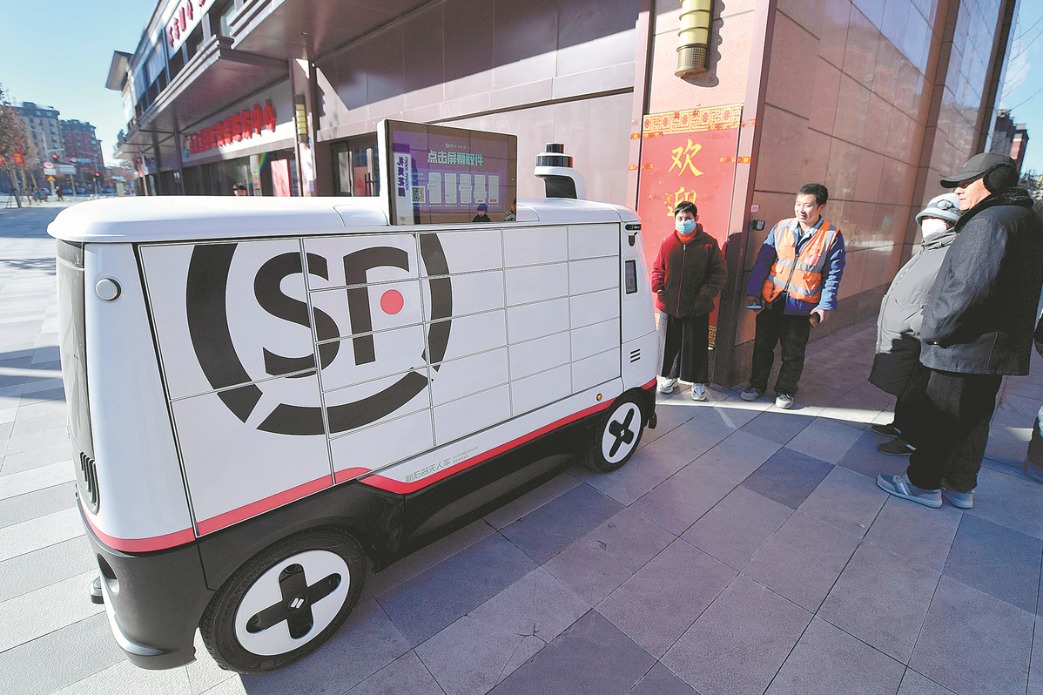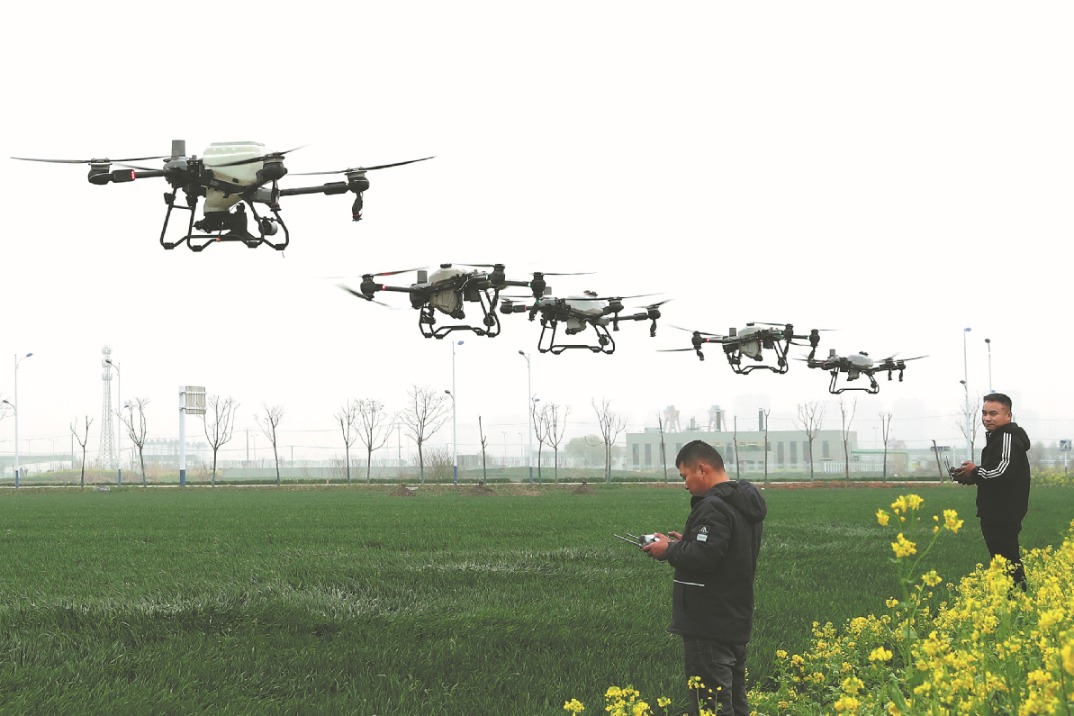Technology can benefit Parkinson's treatment, care

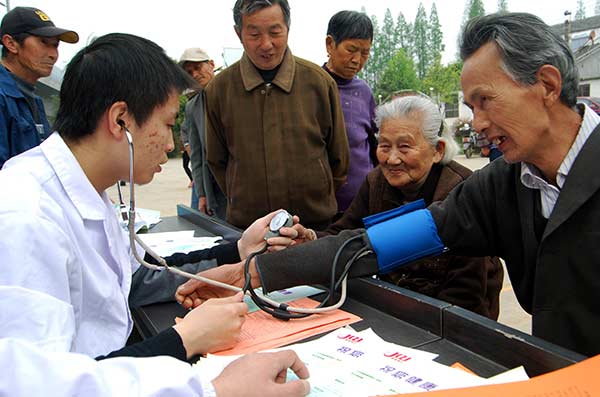
New technologies such as artificial intelligence and big data are reshaping Parkinson's disease care in China, experts said during sideline interviews at the First China Parkinson Alliance Conference and the Third International Forum on Motor Control and Parkinson's held from Oct 11 to 13 in Beijing.
Chen Biao, a top Chinese neurophysiologist with Xuanwu Hospital, said his research center is cooperating with high-tech firms to develop a system to remotely monitor Parkinson's disease patients with apps on patients' phones, which will give doctors first-hand information on symptoms and behaviors through real-time data collected from patients' daily lives, rather than having patients go to a hospital for observation. This will improve diagnosis and treatment accuracy.
In the future, with AI and big data technology further applied to collection and analysis of data from both patients and doctors, it will not be a dream to remotely give a patient real-time diagnosis and care.
Such technological adaptions in disease care are especially beneficial to patients in rural and underprivileged places in China, reducing the gap between demand and supply, he said.
China has about 250 million Parkinson's disease patients, and the long-term degenerative disorder has become the third most prevalent disease among seniors in China, according to Zhang Guojun, Party chief of Beijing's Xuanwu Hosptial at Capital Medical University who is also a top neurosurgery specialist.
The disease heavily disrupts patients' lives, as it not only affects patients' motor coordination, but can also cause excessive sweating, insomnia and depression.
The forum attracted top medical specialists and scientists on functional neurosurgery from both home and abroad, including Mark Hallett, chief of the Human Motor Control Section at the National Institute of Neurological Disorders and Stroke at the United States' National Institutes of Health.

















